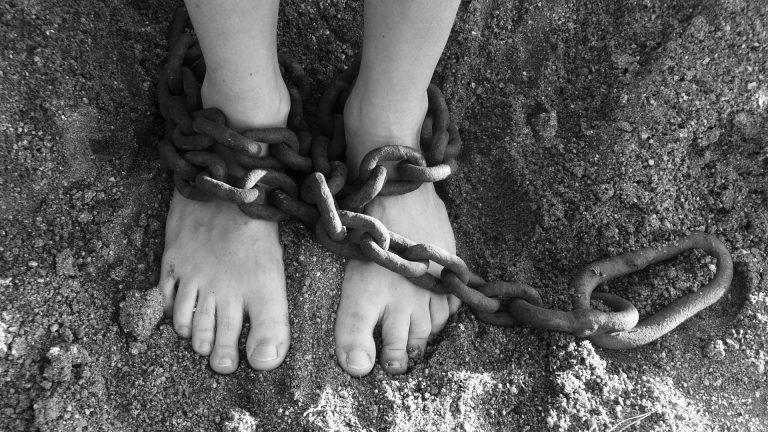
Topics covered
130,000 Tanzanian children live as slaves in the homes of the rich in Zanzibar. It’s one of the most serious plagues and at the same time one of the most understated problems in Tanzania. In short, this involves child labour and the use of children as domestic slaves in private homes.
Child Labour in Tanzania
It is difficult to find reliable data on how many children work today in the homes of wealthy families or tourist facilities in Tanzania. However, the report of the local NGO Anti Slavery Tanzania states they are almost a million.
Another data comes from the more detailed report of the Tanzania Mainland National Child Labour Survey. In fact, it turns out that over 5 million children, aged 5 to 17, do not attend school but work. In particular, 110,000 girls and 20,000 boys are employed in the so-called “housework”.
Slavery as “Opportunity” for Poor Families
This type of child employment raises more concern than other jobs that children do in Tanzania because of the duality with which the phenomenon occurs. In fact, this child slavery is often presented as an opportunity for the poorest families, mostly from rural areas of the country. In fact, the parents themselves often encourage their kids to go and work with rich families or in tourist facilities. They also believe that their children will earn enough money to help the family and that they will have the opportunity to study.
This happens to some of them actually. However, for most victims this is a false promise. In fact, children will be subject to exploitation, as well as torture and violence. This terrible situation is capable of destroying childhood but also the future of children.
Human Trafficking in Tanzania
Child slavery in Tanzania is the main problem in terms of human trafficking in the country. The U.S. Department of State, in its 2017 report on trafficking in human beings, stated that the African country is making significant efforts to stem the tragedy of child trafficking.
A proof of this was the fact that in 2016 one hundred people were investigated on charges of being traffickers. A year earlier, on the other hand, only 12 persons had the same charge. The report, however, concludes with a note that highlights the dramatic nature of the situation. Despite the efforts shown by the Tanzanian administration, to date, however, there are no minimum standards in the country to be able to stop this phenomenon.




